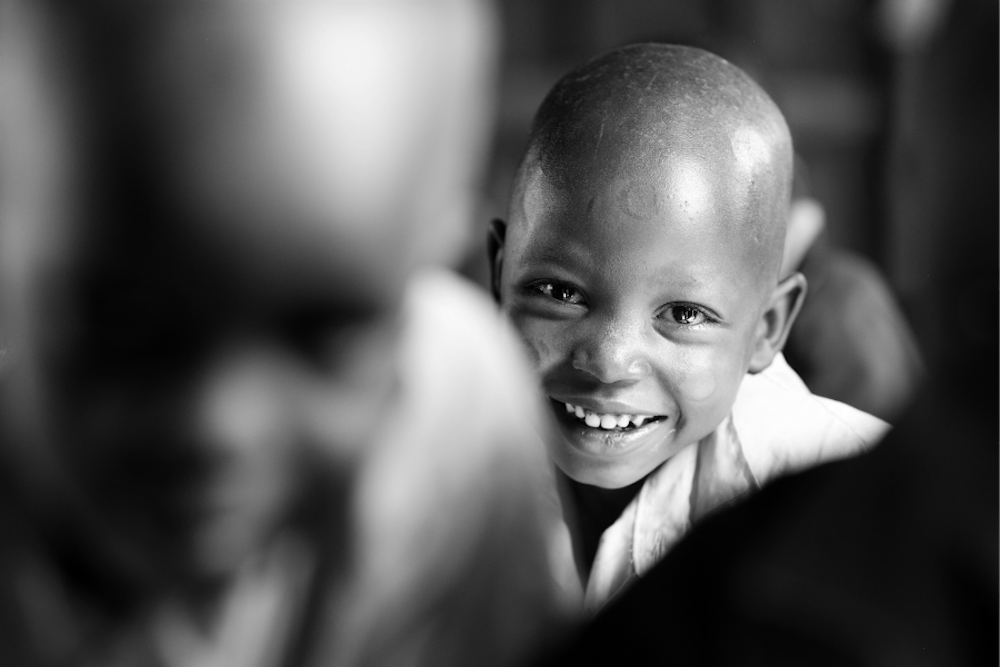Tate's Tastes
By Emily Tate, Managing Editor
If hundreds of Africans are killed in a terrorist attack, but Western news media fails to cover it, did it ever really happen?
Earlier this month, al-Shabab militants opened fire at a university in northeastern Kenya, killing 148 college-aged students. It was the deadliest terror attack in the country in nearly two decades.
For news media, this story should've been a heyday. It should've dominated the front page of major news organizations across the globe. It should've prompted public outcry and been written, talked and read about exhaustively.
But it wasn't. The scant news stories of the Garissa University attack came and went, and the Western world was altogether unfazed.
Not because other stories that day were of greater significance, or because the media shies away from reporting terrorist attacks (you may have heard of ISIS). And not because so few people were impacted.
So, then, why is the world not outraged that 148 university students were brutally shot down in broad daylight by an Al-Qaeda allied terrorist organization?
In January, when the terrorist attack on Charlie Hebdo, a weekly satirical magazine in Paris, left 12 dead, the whole world was shaken. Millions protested in Paris, and more than 40 world leaders congregated in France to lend their support and honor those killed.
In covering the attack, The New York Times published at least one - and sometimes two - front-page stories about Charlie Hebdo for 10 days in a row.
Three months after that attack, it's still generating news. In the last 24 hours alone, over a dozen new stories have been published about it.
But when another attack - of greater magnitude, no less - by an affiliated terrorist group occurs in Africa, taking with it more than 10 times the casualties, the conversation fades fast. What about this attack is less important, less newsworthy or less tragic?
Enjoy what you're reading?
Signup for our newsletter
This is the problem with not only Western media, but Westerners themselves. If someone or something doesn't directly involve the United States, we pay little attention. The U.S. media's international news coverage is waning as is, but American interest - or, more appropriately, lack thereof - in foreign affairs only exacerbates the issue.
So, when 12 French journalists are killed, the U.S. cares because it feels threatened. If France isn't untouchable, maybe we aren't, either. If its freedom of speech is being jeopardized, maybe ours is, too.
But when 148 Kenyan students are killed, the U.S. feels …nothing?
Several stereotypes play into this apathy.
First is the idea that "It's Africa, things like this happen every day," as one enlightened online commenter put it. There's this notion that in the developing or "third-world" regions, the presence of poverty, disease and violence are no longer newsworthy.
While that's not only ignorant, it's also wrong. The murder of 150 university students is abnormal in any society, and certainly newsworthy. And, even if some tragedies are more commonplace in Africa than in other areas, it doesn't diminish the devastation of them.
There's also the idea that if it's happening way over there in Africa, it doesn't really affect the U.S. - out of sight, out of mind, right? Aside from being inhumane, that's also ethnocentric and, again, wrong. In an increasingly interdependent world, the issues of one country impact the others in a ripple effect.
Those were 148 bright, talented young people whose lives ended abruptly - if absolutely nothing else, can't we find something in that message to empathize with?




